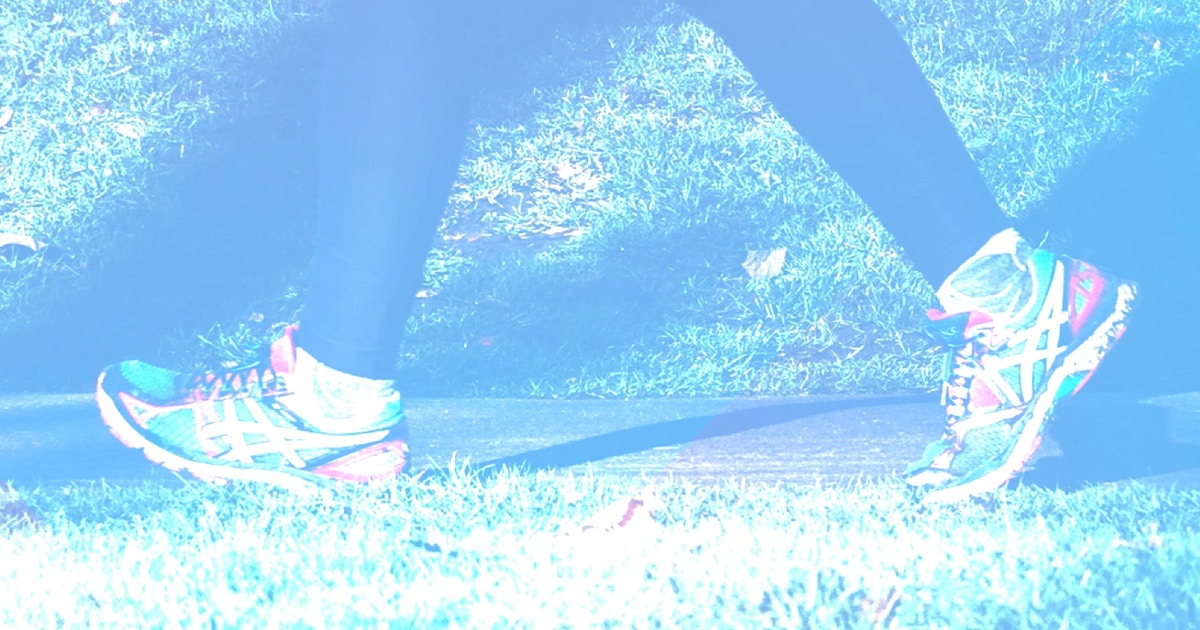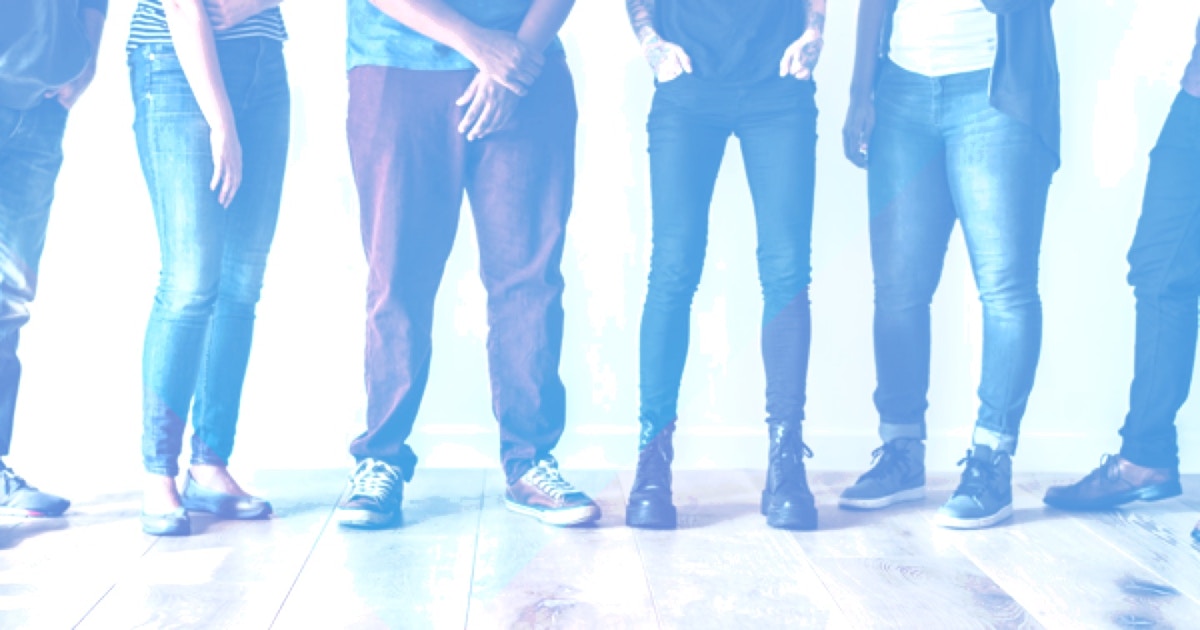I Am Sober is a free app that helps you get some control back in your life.

10 Things To Do After Rehab
Last Updated: Tue, January 23, 2024Leaving rehab's a lot like graduating school. You feel good, having successfully completed the tasks that were asked of you... but now you need to make it on your own and there has been little to no preparation for that.
Leaving rehab is like stepping out of your front door naked on a breezy day. You feel exposed, ill-equipped, and slightly agoraphobic. You’re leaving the comfort of a structured, temperate and regimented facility. Suddenly, you’re without the guidance of a therapist; you’re without the drugs to lessen the cravings of addiction; you’re without a clear routine. This is understandably overwhelming.
For those on the precipice of completing their rehab stay and those who are feeling the familiar pull of addiction calling to them, try 1 or all off these 10 things to transition smoothly to your life after rehab.
1. Find Friends

Easily your top priority: find friends. It should go without saying, but by “friends” this does not mean people who are in active addiction or people that will enable you to relapse. Sober friends or genuine friends – who stuck by you during the tough times – are what you’re looking for.
This helps you build a support system. If the people you spend your time with understand your struggle, then they’re less likely to put you in a situation that will trigger or tempt you to relapse, but more than that, building a network of healthy relationships can get you into habits you actually enjoy and can build a routine around.
Friends means events, activities & projects. Instead of stewing alone in your room thinking about how badly you want a fix, you’re out bowling and eating fries half as greasy as the 8 pound bowling ball; instead of hitting up a "friend" you used to get high with, you're in an escape room trying to figure out a lock combination before running out of oxygen (metaphorically); instead of tempting fate by lurking outside your familiar stomping grounds, you're forming giant paper mache lances and jousting at each other from the moonroof of your cars in an empty parking lot.
The point is, friends keep you busy with sober activities.
2. Adopt An Animal

This comes right after the first because if you're finding it difficult to meet people or want to meet more people, adopting a dog is one of the fastest ways to expedite the process. Take your dog to a park, it meets another dog or even a dog-loving human and you strike up a conversation.
It is more than that though. Adopting an animal (dog, cat, rabbit, fish, etc.) does a number of things for the recently sober you. First, they provide unconditional love. They don't care what you've done in the past, they only care about you as you are now which gives you a clean start. Second, animals force you to be responsible and build a routine around them. If you have a dog, it needs to be taken for walks; if you have a cat, it needs to be fed a specific hours in the day; if you have a fish, it needs its bowl cleaned daily. A pet anchors your day-to-day activities which is perfect after leaving rehab.
3. Attend Meetings

A meeting is the closest thing to rehab you'll get after you leave rehab.
In almost every city, there are myriad meeting locations for alcoholics and recovering drug addicts alike. Some are religious and others not, so you don’t have an excuse not to attend. Meetings not only help provide routine and increase your network of fellow recovering addicts, but it also serves as a constant reminder.
Many recovering addicts use meetings as a way to voice their struggles, their triumphs, but also their past which often ties into their current motivation. Addiction rewires the central nervous system and creates a chemical imbalance in the brain; this means there will be times where you’ll want the drug and your brain will try to trick you into thinking you can handle it – or that you deserve it. These meetings are a public and safe place where you can not only talk about this, but also hear others who are going through the same thing. Often, you’ll meet someone who can provide a first-hand account of what happened when they caved into a craving and their relapse can be your lesson.
4. Get Involved

Attendance is one thing, but getting involved is another. If adopting a pet gives you pleasant responsibility, then consider (or try) having humans be dependent on you. Volunteering at shelters for the homeless, or shelters for animals, can magnify that feeling. Plus, as with many items on this list, this is a great way to develop healthy relationships with other people.
The other benefit volunteering has is it shuts self-destructing thinking down. Every addict suffers those negative thoughts that make you yearn for a the comfort of your long-term drug, but when you give back to the community, you feel the instant gratification that comes from helping someone less fortunate than you. Your brain may start having rapid, negative thoughts, but you can pull back from those and realize there’s a person on the street who has a dry pair of shoes and full belly thanks to you. Get involved and you will see your self-esteem rise.
5. Change Your Diet

Want to start building a clean routine after rehab? Look no further than your diet. No matter what your drug of choice was, chances are more money went to supporting it more than your diet. Most of us went with the "inconspicuous drive-through," but after rehab, make your health a priority and it will help dictate your daily routine. Instead of stopping for 10 minutes for fast food, meal prep (a good meal) can eat your day. There's the trips to the grocery store, the food prep, and the actual cooking. If you're worried about falling back into old habits, put your diet first. Make the "relatively" easy decision to make three meals a day at home. You will quickly see how you can productively devour your time. Of course, the more you cook, the better you'll get and the faster you'll get at mainstays, but cooking is more than time suck. Diet and nutrition are responsible for your general fitness, energy levels, and happiness, so it's good regardless.
6. Change Your Location

This one would be higher on the list if not for the financial aspect that dissuades many people. We're not kidding ourselves, rehab isn’t cheap and many addicts even leave treatment with no place to live and no job. That, on its own, is challenging, but even if you do have a place to live, consider the memories and how easy it is for you to return to your former life. You don't want to trigger cravings because you recognize your area. Move smart, not fast.
For those with financial limitations, you can apply for unemployment, apply for Medicaid, and sign up for temp agencies that can find you work quickly. Otherwise, consider reaching out to friends and family that can provide you with a place to stay. If this is on another side of the city... that's good, but if it's in another state or country, even better. It puts you at the mercy of friends, family, and locals to find new activities to do and can help you make that fresh start.
7. Exercise

When looking for things to do after rehab, look no further than the nearest gym. Exercising has myriad benefits, but especially after rehab, it eats your time. Getting the gym is one ordeal, being at the gym is another. The first time anyone works out (be it weights or cardio), it tends to be a pain -- sweat feels like your skin is crying. But it does provide raw dopamine, which is basically a quick and easy “feel-good” high without the disastrous effects of drugs.
Also, addicts in recovery are more susceptible to depression and anxiety, and exercise has been well studied as a means to prevent those negative emotions. In addition, many recovering addicts struggle to sleep and if your body is exhausted you can bet sleep comes much easier.
8. Sobriety Tracker
Having a wide network of friends and family who will support your efforts to get sober isn’t just a nice-to-have, it’s a necessity. But sobriety is a 24-hour struggle and that does mean you may wake up in a cold sweat at two in the morning and need something to keep you going.
This is where having a multimedia support system is very helpful as it’d be unreasonable to continually call your friends looking for undivided attention and support. One of the reasons the I Am Sober app exists is so you can set a sobriety clock, make a pledge, or even journal so that you have a motivational companion with you no matter what time of day you need a little nudge in the right direction.
9. Find Time To Relax

Schedule time to relax, nap or meditate. When you're out of rehab (and even looking at this list), you may feel overwhelmed. Don’t feel the need to do all these things at once. It’s important to put your sobriety first, not to stay busy for busyness sake and feel stressed and overwhelmed -- that'll lead straight to a relapse. You want to keep yourself busy enough to not get bogged down by the cravings of addiction, but not so busy that you’re struggling to balance it all.
There's the idea of busy vs productive. Being busy often leads people to feeling like they never have enough time and being stressed out. They have a never-ending "to-do" list. Meanwhile, a productive person removes things from their lists and "schedules" time, not to-dos. So schedule some down time. Schedule time to relax, unwind, or play a video game. By setting a time limit, you won't "overdo" it, but you will free yourself from feeling overburdened.
10. Sober Living Communities

Of course, if these things still seem out of reach or overwhelming. There are more and more sober living communities opening up. Sober living homes are all structured differently: some like apartment homes, others like houses, and some like dormitories. Ultimately, they serve people who’ve recently checked out of rehab, but aren’t quite ready to make the transition to the day-to-day. These sober homes have been shown to be very effective as a kind of outpatient recovery program. It can help you network with more people in recovery and get involved in various sober communities.
The Skinny
Rehab is great for getting clean and sober, but it takes a multi-layered support system to stay sober. In many ways, the school analogy works just as well with recovering addicts. The goal of school isn't your degree or diploma, it's to make you into a lifelong student. Similarly, the goal of rehab isn't to obtain a 30-day chip, it's to provide you with applicable tools for lifelong sobriety.
I Am Sober is a free app that helps you get some control back in your life.




